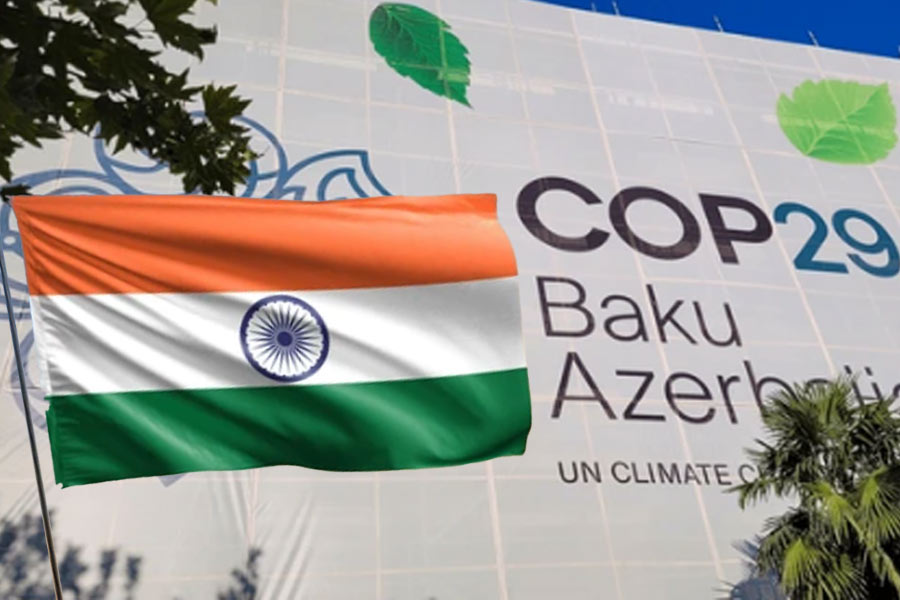The 29th Conference of Parties at Baku, Azerbaijan, ended with just a ‘roadmap’ — a weaker form of an agreement, in other words. Alarmingly, it failed to deliver on its primary goal: a New Collective Quantified Goal on climate finance — money that will be given to developing countries by developed nations to help the former transition away from fossil fuels and curb greenhouse gas emissions. Research shows that developing countries need $1.3 trillion annually in order to meet the targets agreed upon in the Paris pact. But the deal that was agreed upon is a promise to mobilise $300 billion a year from 2035 in a mixture of grants and loans from private companies and international lenders, allowing the rich nations to escape their obligations. This was the result of some last-minute arm-twisting by developed nations — developing economies were told that with the world staring at four years of a known climate sceptic — Donald Trump — in the White House, this was the best deal they could expect. India thus did the right thing, terming the terms of the agreement at Baku “inadequate”. With the role of the United States of America in future climate talks in doubt because of Mr Trump, attention has shifted to China as the next leader in climate negotiations. Hearteningly, although China is not required to do so as a developing nation, it has agreed to a formula in the finance deal that would allow its contributions to be counted in the overall fund for climate-vulnerable countries on a voluntary basis.
The lacklustre CoP 29 — many are blaming the failure on the inexperienced host, Azerbaijan — will have far-reaching impacts. New national plans are due to be published next year, outlining how each party to the Paris Agreement will limit its emissions over the next 10 years. A more generous cash settlement at CoP 29 would have had a positive effect on those commitments. This was crucial because even if nations adhere to their current pledges, the planet is still on track for a scorching 2.7°Celsius rise that would usher in unprecedented climate chaos. Worse, only India, Indonesia, Switzerland and the United Kingdom are on track to meet their current goals. Of these, India has slipped three ranks on this year’s Climate Change Performance Index released just before Baku. The CoPs are an opportunity to pull up the countries that are slipping on their goals and taking incremental steps towards reversing climate change. This year’s chance has been wasted; there may not be many more.










